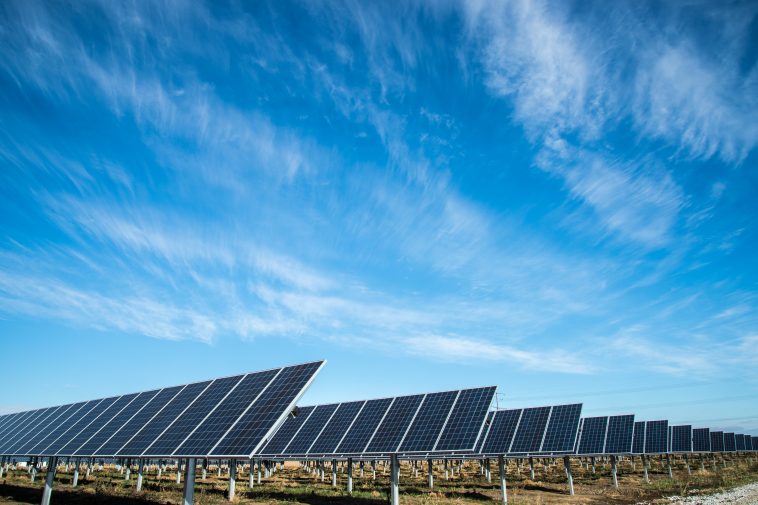Nuru, a startup focused on energy solutions, has recently attained a significant milestone by securing $40 million in equity funding. The company, headquartered in the Democratic Republic of the Congo (DRC), aims to deliver reliable electricity to all five million residents nationwide.
This round of funding witnessed the participation of numerous organizations that collectively contributed to Nuru’s success. Notable contributors include Global Energy Alliance for People and Planet(GEAPP), the International Finance Corporation (IFC), the Renewable Energy Performance Platform (REPP), Proparco, E3 Capital, Voltalia, the Schmidt Family Foundation, and the Joseph Family Foundation and the GAIA Impact Fund
Their support demonstrates a widespread recognition of Nuru’s mission and the importance of providing stable electricity access to the entire population of the Democratic Republic of the Congo.
The company aims to secure an additional $28 million in project finance by the end of July. Notably, the IFC’s equity participation also includes funding from the Finland-IFC Blended Finance for Climate Programme.
Founded in 2015 as Kivu Green Energy, Nuru has emerged as a prominent player in the energy sector. The company specializes in deploying and managing metro grids powered by renewable energy in critical urban areas of the Democratic Republic of the Congo (DRC). In a significant milestone back in 2017, Nuru accomplished the construction of the nation’s inaugural mini-grid.
Nuru’s utility-scale solar mini-grids are designed to provide a reliable and sustainable electricity supply to the areas where they are deployed, ensuring uninterrupted power throughout the day. Notably, the company achieved a significant milestone in 2020 by establishing a 1.3-megawatt plant in Goma.
Jonathan Shaw, the co-founder, and CEO of Nuru, expressed great enthusiasm regarding the partnership with the group of investors, recognizing their shared commitment to expand energy access and positively impact the lives of five million individuals in the Democratic Republic of the Congo (DRC). Shaw considers the closing of the Series B funding as a significant milestone in Nuru’s journey, underscoring the metro grid model’s feasibility and potential within the African distributed energy sector.
With the allocated funding, Nuru plans to construct three mini-grids in the eastern region of the DRC, specifically in Goma, Kindu, and Bunia. These mini-grids will utilize solar energy and batteries, generating a total generation capacity of 13.7 megawatts.




